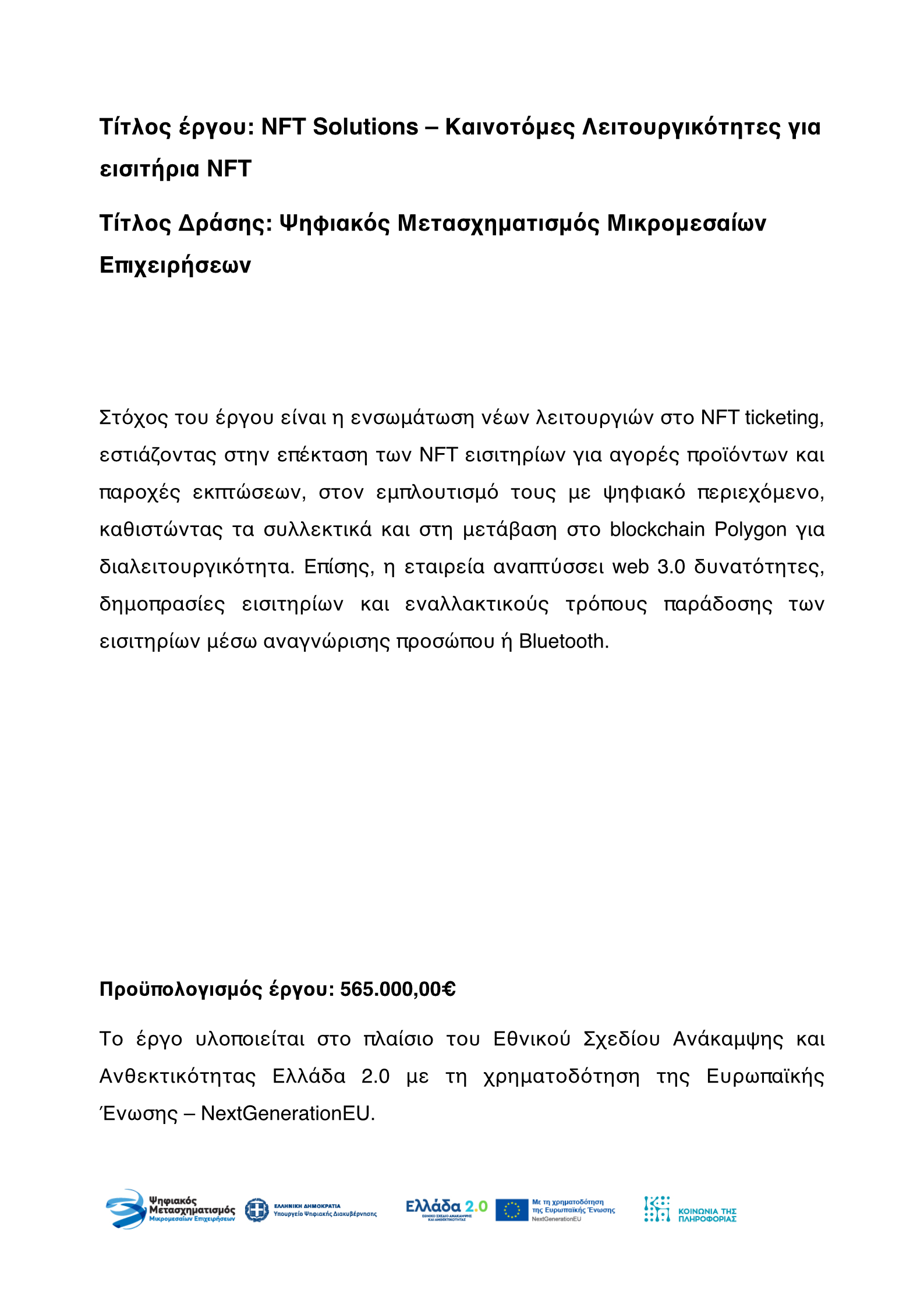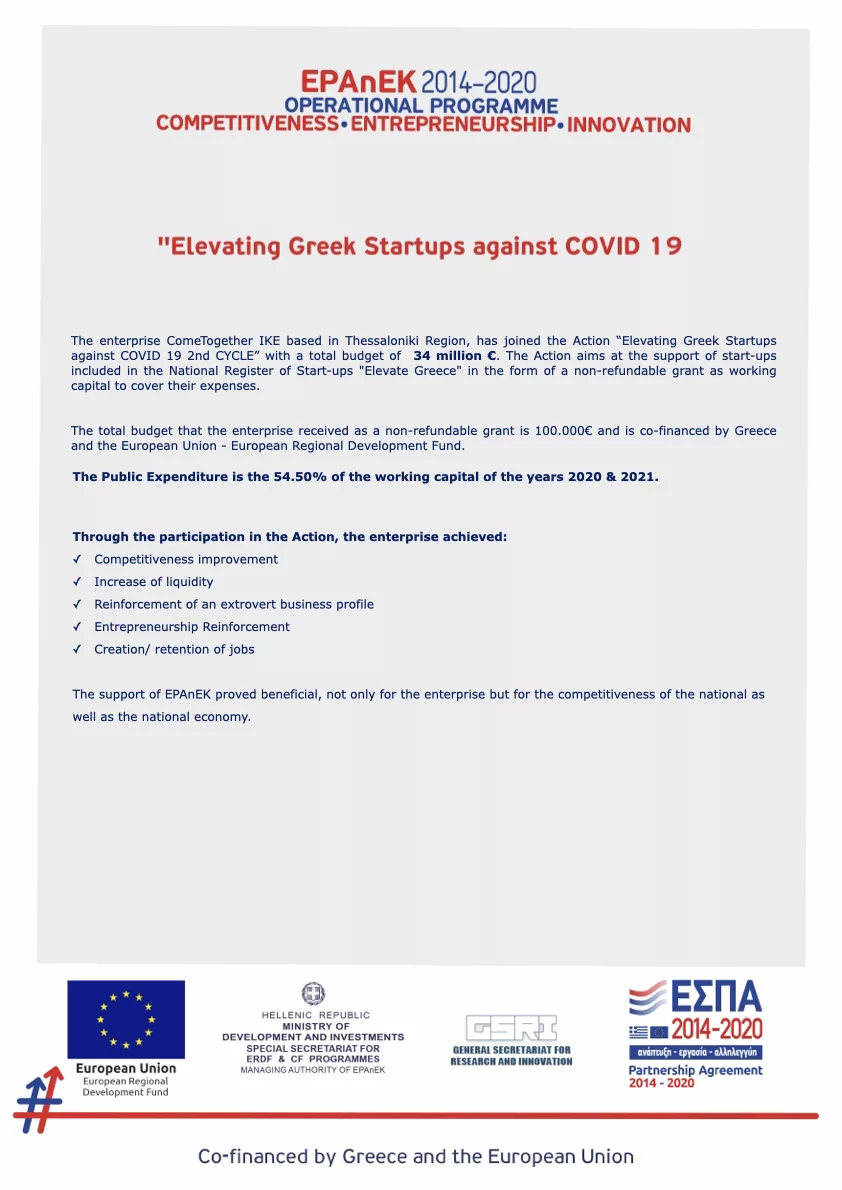NFT ticketing is taking the live events world by storm, but what does this actually mean – to the fans – to the organizers. Read on the learn more about this topic and determine how it could make sense for your next upcoming event.
What is NFT Ticketing and the impact on evolution of ownership and authenticity
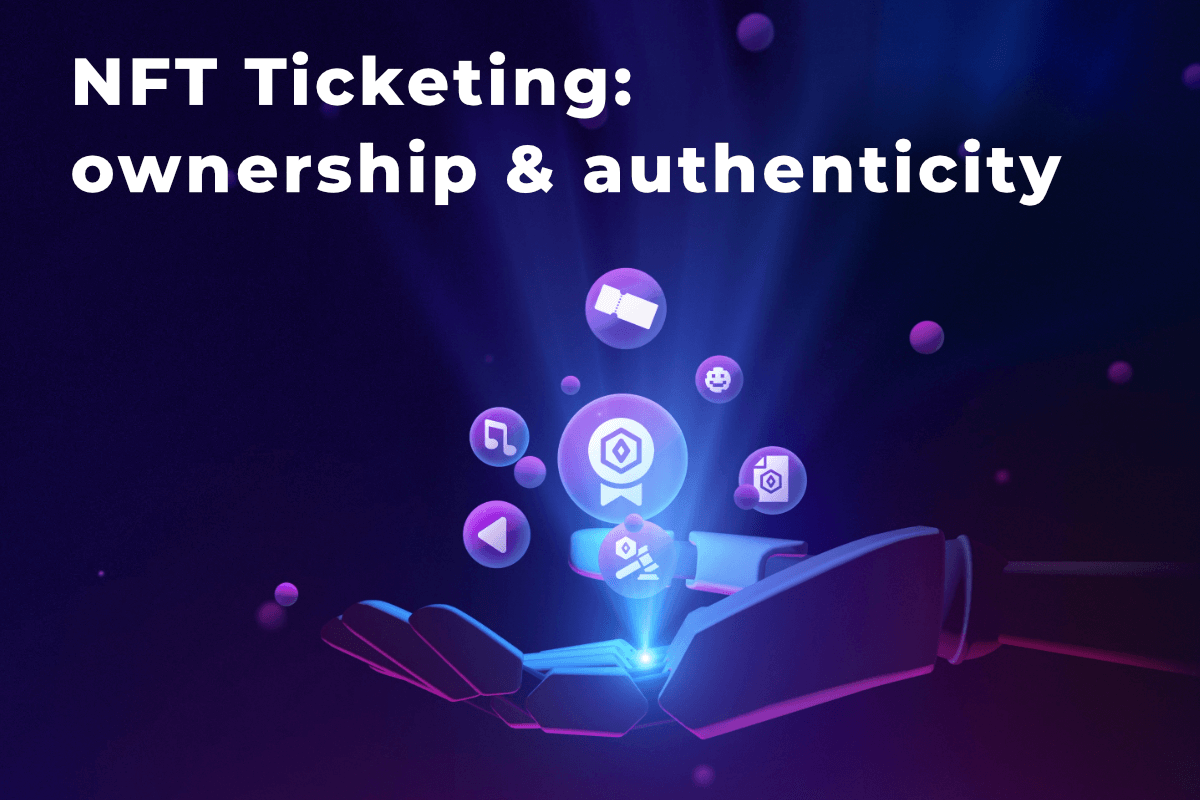
Table of contents:
Understanding NFTs
NFTs are digital tokens that exist on a blockchain, a decentralized digital ledger used to record transactions across many computers. NFTs, much like cryptocurrencies such as Bitcoin, exist on the blockchain. However, unlike cryptocurrencies which are fungible and can be exchanged on a one-to-one basis, NFTs are unique and cannot be swapped like for like, ensuring digital scarcity and ownership.
The concept of NFTs can be likened to football trading cards. The owner of an NFT doesn’t own the physical card but possesses a token that represents their ownership of the item. This token can be sold or traded, allowing the owner to potentially profit from the card.
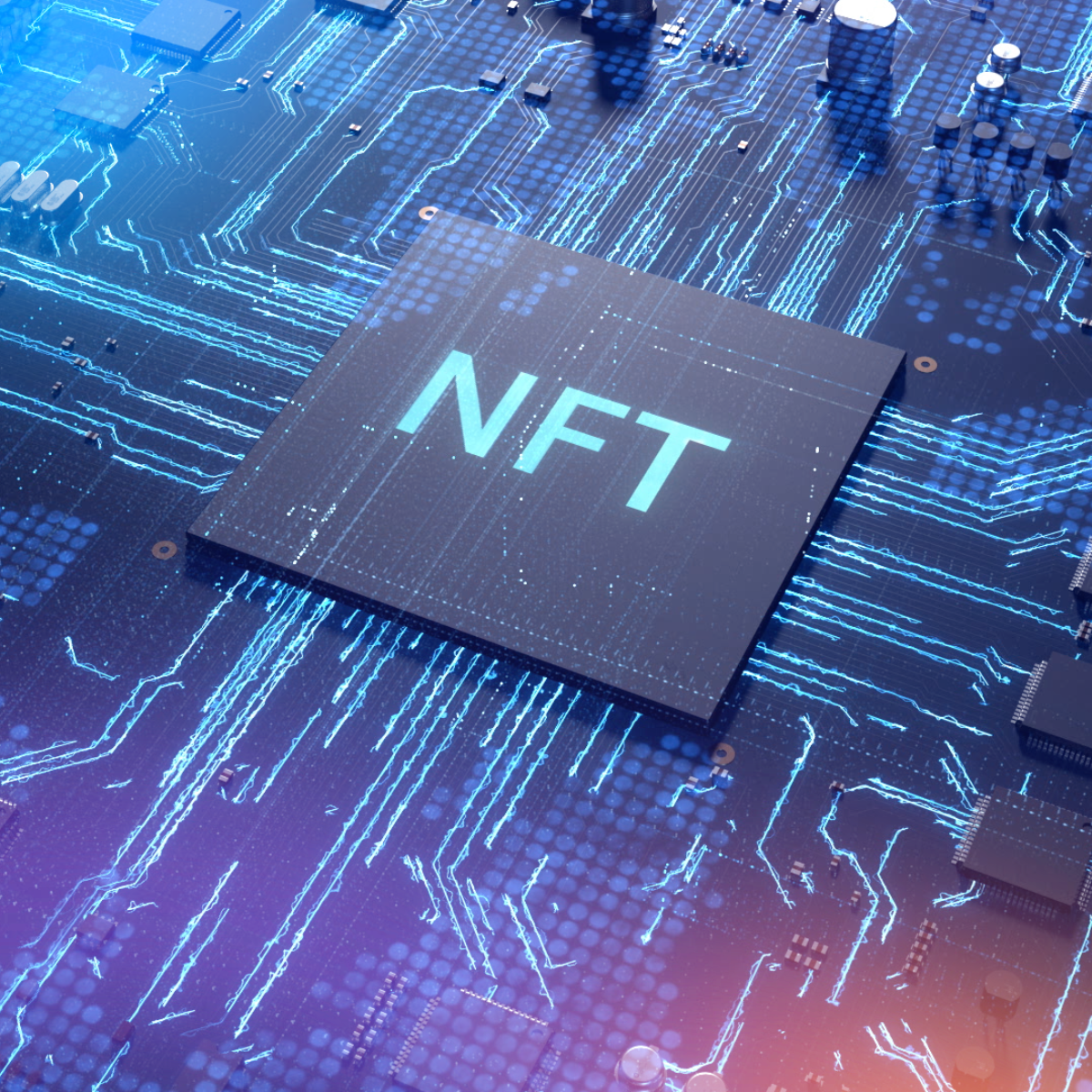
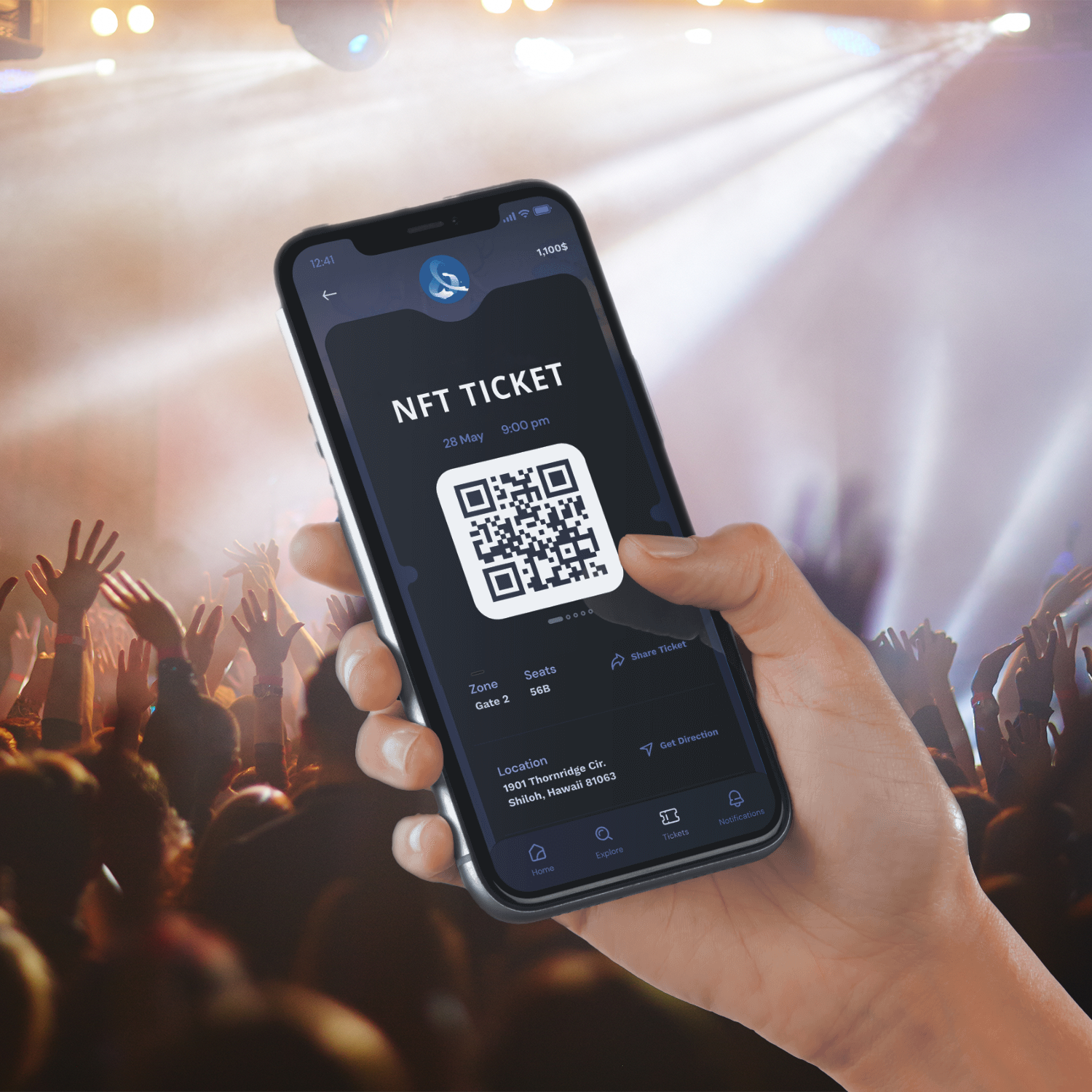
The Impact of NFTs on Ticketing
NFTs’ uniqueness and protection from duplication make them an ideal candidate for transforming the ticketing industry. In this context, each NFT represents a unique ticket with a distinct identifier that cannot be duplicated, thereby securing the ticket’s validity.
The blockchain technology underlying NFTs provides full traceability of the ticket’s lifecycle, recording every transaction from its creation to its last transfer. This transparency not only allows for seamless tracking but also eliminates the possibilities of counterfeiting or double-spending tickets, thereby significantly enhancing security and trust in the ticketing process.
NFT Ticketing Platforms
Platforms like ComeTogether are capitalizing on this groundbreaking technology, providing a disruptive solution to ticketing that can potentially reshape the customer experience. NFT tickets not only ensure authenticity but also protect against ticket fraud.
A distinctive advantage of NFT ticketing is the ability to combat ticket scalping—a persistent issue plaguing the industry. Blockchain technology enables the integration of smart contracts into the ticketing process. These programmable contracts can be coded to guarantee a percentage of any secondary sales return to the event organizers, thereby maintaining fair ticket pricing while opening up new revenue streams.

Conclusion
The advent of NFTs has significantly expanded the application of blockchain technology, disrupting sectors that have long awaited digital transformation. In ticketing, NFTs promise not only an enhanced level of security and authenticity but also a solution to longstanding issues such as ticket scalping.
By representing unique, traceable tickets that can’t be duplicated, and by integrating programmable smart contracts into the ticket resale process, NFT ticketing can create a more fair, transparent, and profitable ticketing ecosystem. While this technology is still in its infancy, the potential benefits it offers to both event organizers and attendees herald a new era in the evolution of ticketing.
FAQs
What is a Non-Fungible Token (NFT)?
An NFT is a type of digital asset that represents ownership of a unique item or piece of content, using blockchain technology. Unlike cryptocurrencies, which are fungible and can be interchanged on a like-for-like basis, NFTs are unique and cannot be interchanged, ensuring digital scarcity and ownership.
How does NFT ticketing work?
In NFT ticketing, each ticket is represented by a unique NFT with an identifier that cannot be duplicated. This ensures the ticket’s validity and traceability, as every transaction is recorded on the blockchain. This eliminates possibilities of counterfeiting or double spending of tickets.
How do NFT tickets combat scalping?
Scalping, the practice of buying tickets in bulk and reselling them at a higher price, is a major issue in the ticketing industry. NFT tickets can combat this through the integration of smart contracts into the ticketing process. These programmable contracts can be coded to ensure a percentage of secondary sales returns to the event organizers, maintaining fair ticket pricing and creating additional revenue streams.
What is a smart contract?
A smart contract is a self-executing contract with the terms of the agreement directly written into code. It is stored and replicated on the blockchain, and its execution is supervised by the network of computers that run the blockchain. Smart contracts can automate a wide array of applications, such as the process of buying and selling NFTs.
What are the benefits of NFT ticketing for event attendees?
For event attendees, NFT ticketing provides an enhanced level of security and authenticity, eliminates ticket fraud, and ensures a transparent buying and selling process. Furthermore, as each NFT ticket is unique and cannot be duplicated, attendees can be certain of their ticket’s validity.
What are the benefits of NFT ticketing for event organizers?
For event organizers, NFT ticketing not only provides an effective solution against ticket fraud and scalping, but it also opens up new revenue streams. Through the integration of smart contracts, a percentage of secondary sales can return to the event organizers. This maintains fair ticket pricing while also generating additional income.
NFTs with utilities: ticketing, music, collectibles, memberships

